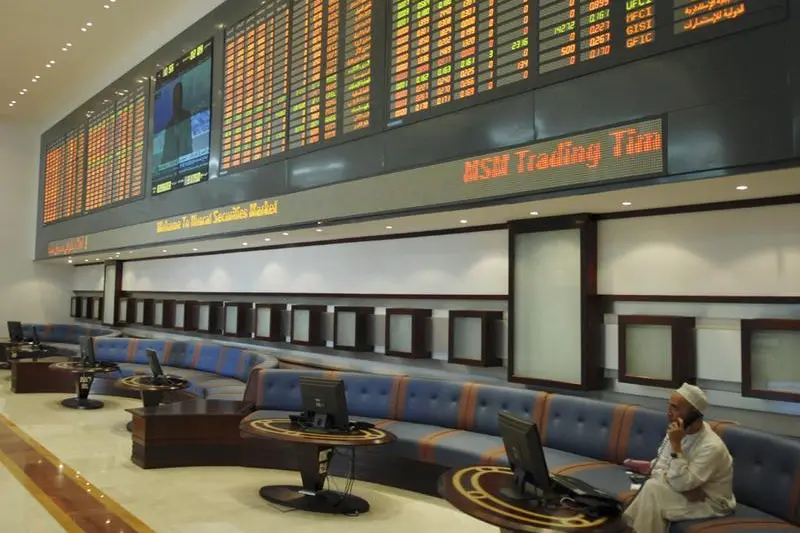PHOTO
MUSCAT, Jan 2 (Reuters) - Oman's government plans to cut subsidy spending by almost two thirds this year to help tackle a budget deficit caused by low oil prices, the finance ministry said on Saturday.
Subsidies on utility bills, housing loans, fuel and other goods are seen at 400 million rials ($1.0 billion) this year, down from 1.11 billion rials in 2015, the ministry said in a statement on the 2016 budget carried by the official ONA news agency.
Earlier this week, Oman's cabinet approved fuel subsidy reforms as well as spending cuts and tax rises to bring the deficit under control. Oman has long provided lavish welfare benefits to its citizens, but like other Gulf countries, it is being forced by shrunken oil revenues to scale those back.
The government forecasts a deficit of 3.3 billion rials or 13 percent of gross domestic product (GDP) this year, down from a deficit of 4.5 billion rials for 2015.
It plans to cover the gap with 1.5 billion rials worth of reserves, 900 million rials in borrowing from the international market, 600 million rials of grants, and 300 million rials of borrowing from the local market, the ministry said.
That would mark a big reduction in domestic borrowing. Last year, 47 percent of the deficit was covered by borrowing from the local market, and 53 percent by state reserves.
Heavy government bond issues have been pushing up market interest rates in Oman and threatening to crowd out borrowing by the private sector.
Officials have said Oman may issue its first international bonds since 1997 this year. The ministry did not elaborate on the source of the grants, but the country's rich neighbours promised in 2011 to give it $10 billion in aid over 10 years.
Total state spending is projected at 11.9 billion rials this year, down 11 percent from actual spending last year. The government plans to cut current expenditure -- routine spending on wages and materials -- by 12 percent to 4.6 billion rials.
Total revenues are projected at 8.6 billion rials, down 4 percent from last year's actual revenues; 72 percent are expected to come from oil and gas.
The government has said it will also privatise companies to raise money and develop the private sector. The ministry did not give further details but said the matter would be included in the government's new five-year economic plan for 2016-2020.
(Reporting by Fatma Alarimi; Writing by Andrew Torchia; Editing by Helen Popper) ((andrew.torchia@thomsonreuters.com; +9715 6681 7277; Reuters Messaging: andrew.torchia.thomsonreuters.com@reuters.net))
Keywords: OMAN BUDGET/





















